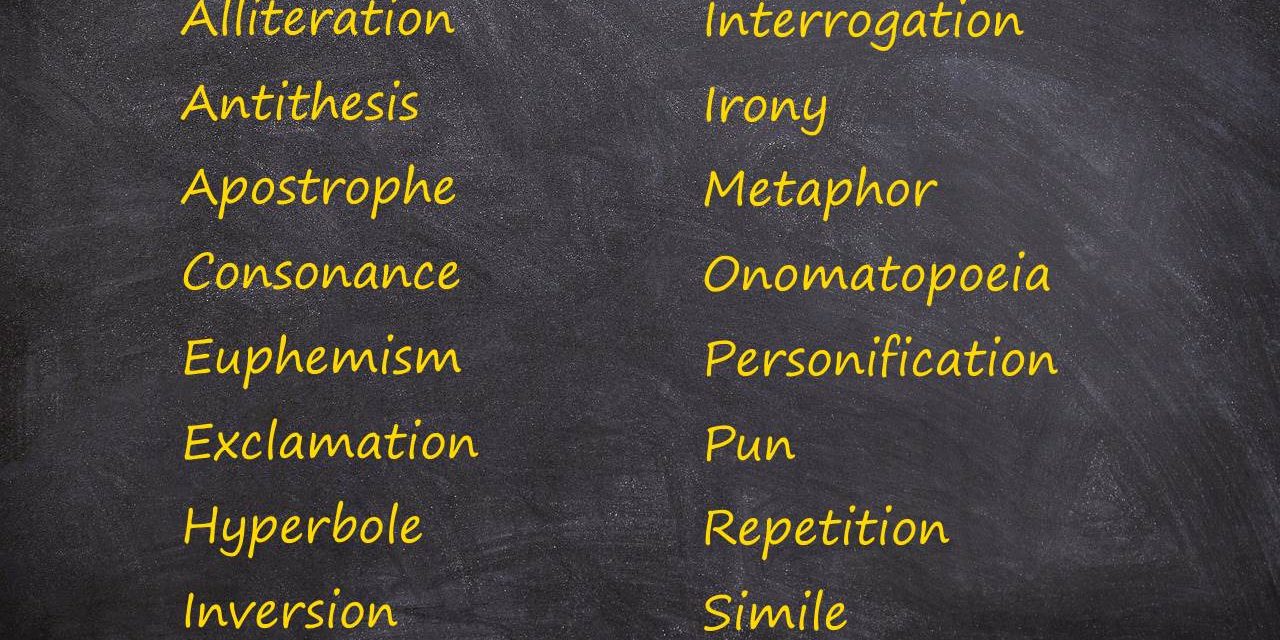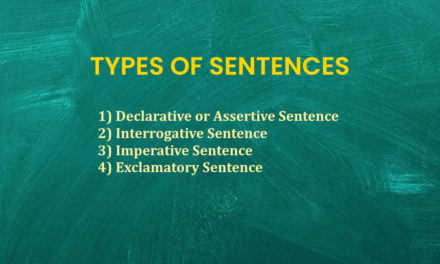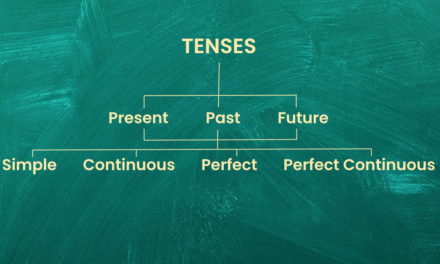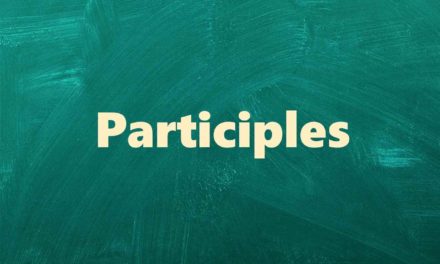There are 16 figures of speech that are used in poems, comprehensions or any passage of text to create a desired impact. Explanations of each figure of speech with examples are given below in alphabetic order.
1) Alliteration
When the consonant or vowel sound is repeated more than once in words in the same sentence, it is known as Alliteration.
For example: She sells sea shells on the sea shore.
Note: We need to match the sounds of the alphabets so “Kite” and “Cook” will have the same effect as both have similar sounds.
More examples:
Twinkle, Twinkle little star.
My books are on the bench in the backyard.
2) Antithesis
When contrasting words or words that have opposite meanings are used near each other in a sentence, it is known as Antithesis. Contrasting ideas can also be termed as Antithesis.
Examples:
So near, yet so far.
Man proposes, God disposes.
3) Apostrophe
When the writer of any text or poetry addresses an imaginary, inanimate or absent person, it is known as Apostrophe.
Examples:
Oh Lord, help me say no!
O Moon, give me a basketful of moonlight.
4) Consonance
When sounds of consonants are repeated in the same sentence it is known as Consonance. These can refer to repetition of sounds in the middle or end of the words as well.
Examples:
Pitter Patter, Pitter Patter.
Mike likes his new bike.
5) Euphemism
When harsh or impolite words are replaced with milder terms to express the same meaning, it is known as Euphemism.
Examples:
He passed away in the middle of the night. (used instead of death).
His differently-abled son did very well in his life. (used instead of handicapped or disabled).
She was mentally-challenged. (used instead of the word retarded that is considered rude and impolite.)
6) Exclamation
When ideas or words express strong emotions such as joy, surprise, anger etc., it is known as Exclamation. Words or sentences end in an exclamation mark in this type of figure of speech.
Examples:
Oh my God! What a brilliant catch!
How sad it is to cry alone!
7) Hyperbole
When words or ideas are exaggerated for a dramatic effect, it is known as Hyperbole.
Example:
I am so hungry, I could eat a horse.
I have told you thousands of times to clean your room.
8) Inversion
When words are rearranged instead of following their standard order, it is known as Inversion. Basically words or phrases are inverted instead of following their correct grammatical order.
Examples:
To the picnic, we shall go.
Never again, will you disappoint me.
9) Interrogation
When a rhetorical question is asked simply for dramatic effect rather than to elicit an answer, it is known as Interrogation.
Examples:
Am I an idiot to fall for your lies?
Who do you think you are acting that way?
10) Irony
When words or ideas end up conveying a different meaning, usually something contrasting than its actual meaning, it is known as Irony.
Examples:
It was as soft as a brick.
Thank you for not helping me.
The gigantic buffalo was named teensy.
11) Metaphor
When a word or phrase is indirectly compared to another even though the two may not have the same literal meaning, it is known as Metaphor.
Examples:
He was the black sheep of the family.
Tisha got cold feet before her big performance.
12) Onomatopoeia
When a word is used to imitate a sound of an object for providing a special effect, it is known as Onomatopoeia.
Examples:
Boom, went the dynamite.
His stomach was growling with hunger.
Ding-Dong, the bell rang.
13) Personification
When inanimate or non-human objects are given human characteristics, it is known as Personification.
Examples:
The rainbow spoke to his heart.
The stars danced around all night.
14) Pun
When a word is used with more than one meaning to create humour or a light-hearted moment, it is known as Pun.
Examples:
A Horse is a Stable animal.
You were right, so I left.
He was studying the cause of lightening when it struck him.
15) Repetition
When a word or a phrase is repeated in a sentence for dramatic effect, it is known as Repetition. Note words can be repeated anywhere in the sentence and not necessarily immediately after each other.
Examples:
I could go on and on about my children.
I have to go miles and miles before I reach anywhere near the next town.
16) Simile
When two words, objects or ideas are directly compared to each other to show some resemblance or similarity between them, it is known as Simile. Usually the words “as” and “like” are used for comparison.
Examples:
He was as brave as a lion.
He stood tall like a tree.





